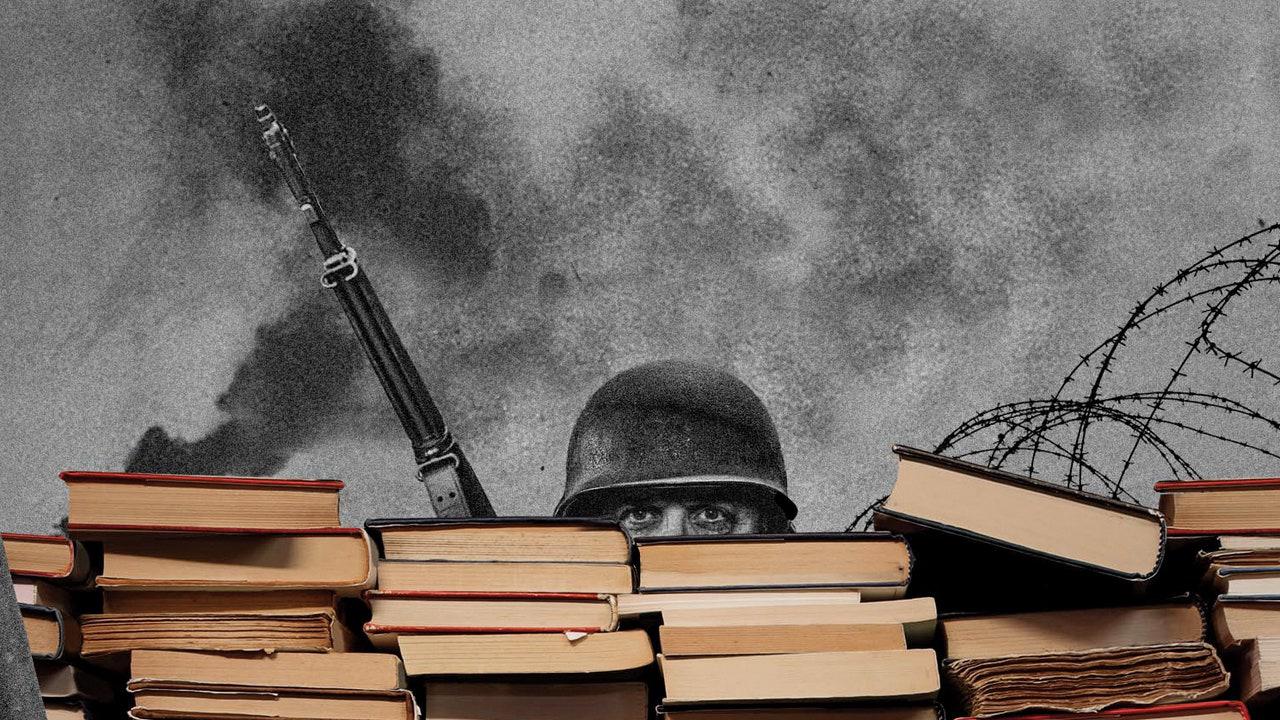
2024-02-19 词
The Germans, once so learned and now so desperately frightened of books, understood this, too. The most fearful reminder of the planned invasion that did not happen—thanks largely to the unforeseen resilience of the Royal Air Force—is a volume, secretly prepared in 1940, titled “Informationsheft GrossBritannien” (later translated as “Invasion 1940”). Produced by the S.S., it was a closely researched compendium of basic information about Britain’s geography, economy, politics, and so on, which would be useful to an occupation regime. This disquietingly assured handbook concluded with a “Special Wanted List” of two thousand eight hundred and twenty British subjects and foreign residents who were to be arrested as soon as the Nazis took power. Among the politicians, journalists, Jews, and others on the list were a number of outstanding writers, including E. M. Forster, Rebecca West, Noël Coward, and Virginia Woolf. None could have known that their names were there, although some assumed that they would be targeted. Woolf’s friend and sometime lover Vita Sackville-West and Vita’s husband, Harold Nicolson (a government official who was on the list), both carried poison pills for the day the Germans landed.
免责声明:本文来自网络公开资料,仅供学习交流,其观点和倾向不代表本站立场。